What’s the Difference Between Hard Water and Soft Water?
Water is an essential element of our daily lives, but not all water is created equal. When we turn on the tap, we often encounter two distinct types: hard water and soft water. Understanding the difference between these two varieties of water can have a significant impact on everything from your appliances to your skin and hair. In this article, we’ll explore what hard and soft water are, their characteristics, and the implications of using each type in your home.
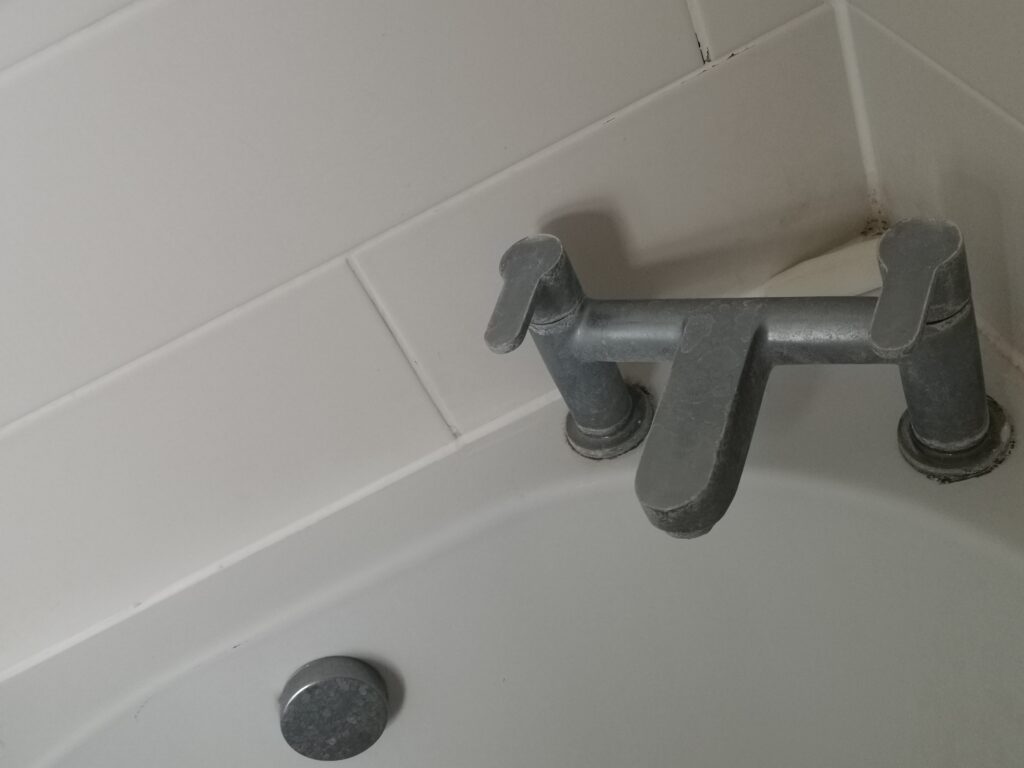
What Is Hardened Water?
Hard water is water that contains a high concentration of minerals, primarily calcium and magnesium ions. These minerals are picked up as water passes through underground rock formations and aquifers. As a result, hard water tends to have a distinct taste and may leave mineral deposits on surfaces it comes into contact with.
What Is Soft Water?
On the other hand, soft water is water that contains low levels of minerals, particularly calcium and magnesium. It is often treated to remove these minerals, resulting in water that feels smoother and soapier to the touch. Soft water is also known for its ability to lather soap and detergents more effectively.
Causes of Hard Water
The hardness of water varies depending on geological factors. When rainwater seeps into the ground, it can dissolve minerals from rocks and soil. As it percolates through limestone or chalk deposits, it picks up calcium and magnesium ions, making the water hard.
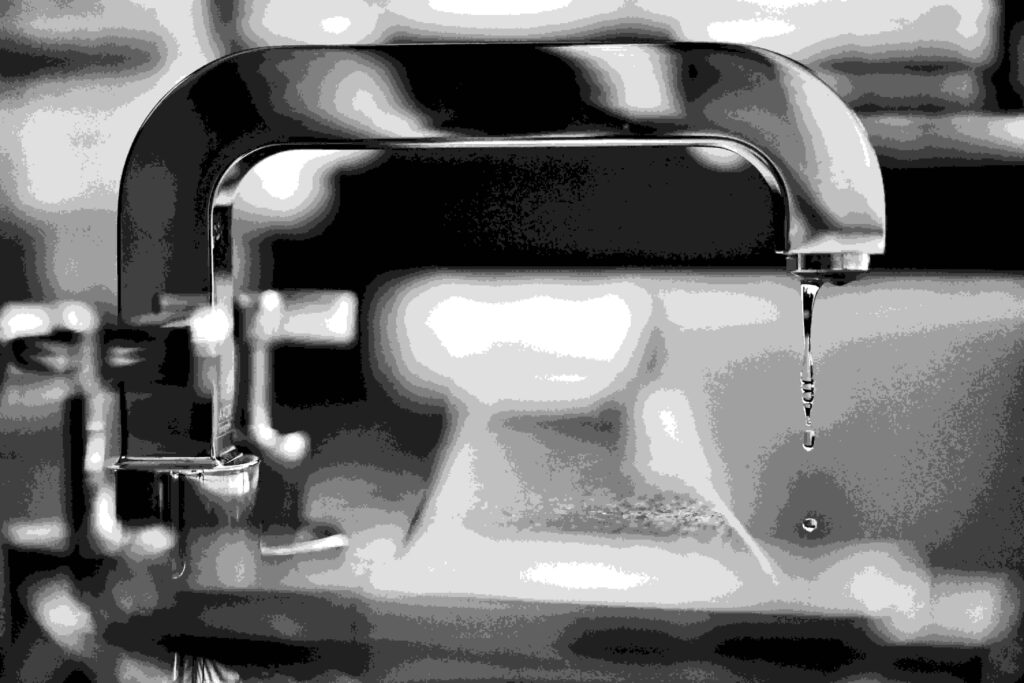
Effects of Hardened Water
Hard water can have several adverse effects on household appliances and plumbing systems. It leads to the buildup of mineral deposits in pipes and appliances, reducing their efficiency and lifespan. Additionally, hardened water can leave scale deposits on dishes, glassware, and showerheads, requiring more frequent cleaning.
Testing for Hard Water
You can test the hardness of your water using a simple water hardness test kit available at most hardware stores. This test will measure the concentration of calcium and magnesium ions in your water supply and classify it as slightly hard, moderately hard, hard, or very hard. Ask plumber Bristol to test your tap water.
Water Softening Methods
To combat the negative effects of hardened water, many households opt for water softening methods. The most common method is ion exchange, where calcium and magnesium ions are replaced with sodium ions through a water softener. Other methods include reverse osmosis and lime softening.
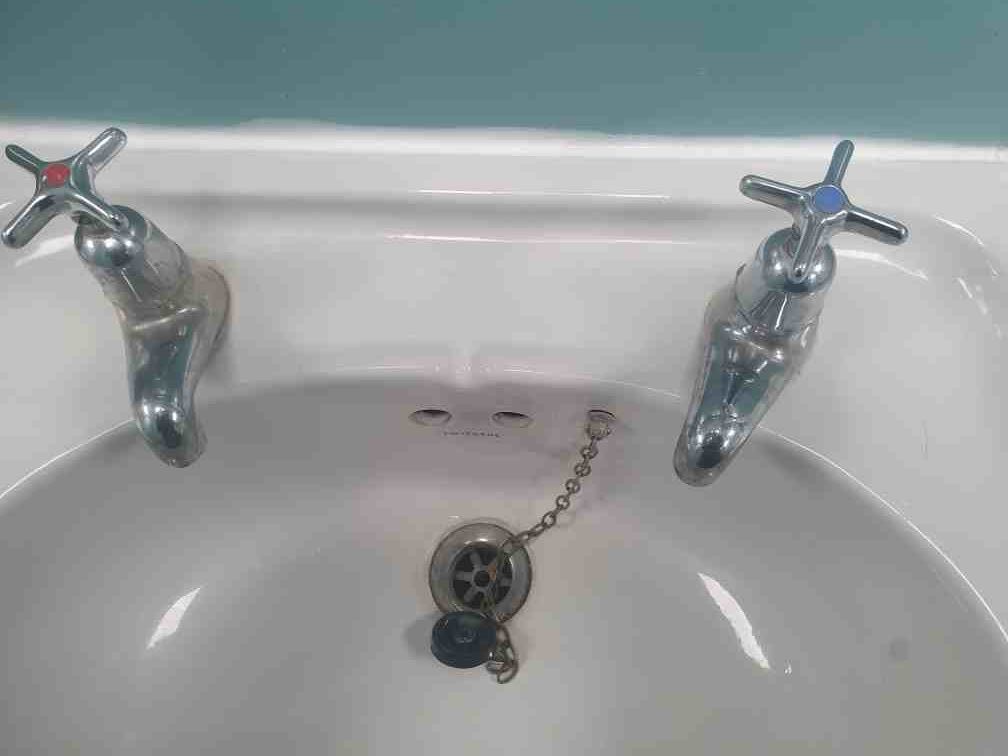
Benefits of Soft Water
Soft water offers several advantages, including improved soap lathering, reduced mineral buildup, and a more pleasant bathing experience. It can also extend the life of appliances like water heaters and washing machines by preventing scale buildup.
Drawbacks of Soft Water
While soft water has its benefits, it may not be suitable for everyone. Some people find it lacks the refreshing taste of hard water, and the sodium content from the ion exchange process may not be suitable for those on low-sodium diets. It’s also worth noting that soft water may corrode certain types of plumbing materials over time.
Choosing Between Hard and Soft Water
The choice between hard and soft water ultimately depends on personal preferences and the specific needs of your household. Consider factors such as taste, the plumber condition of your plumbing, and any dietary restrictions when making your decision.
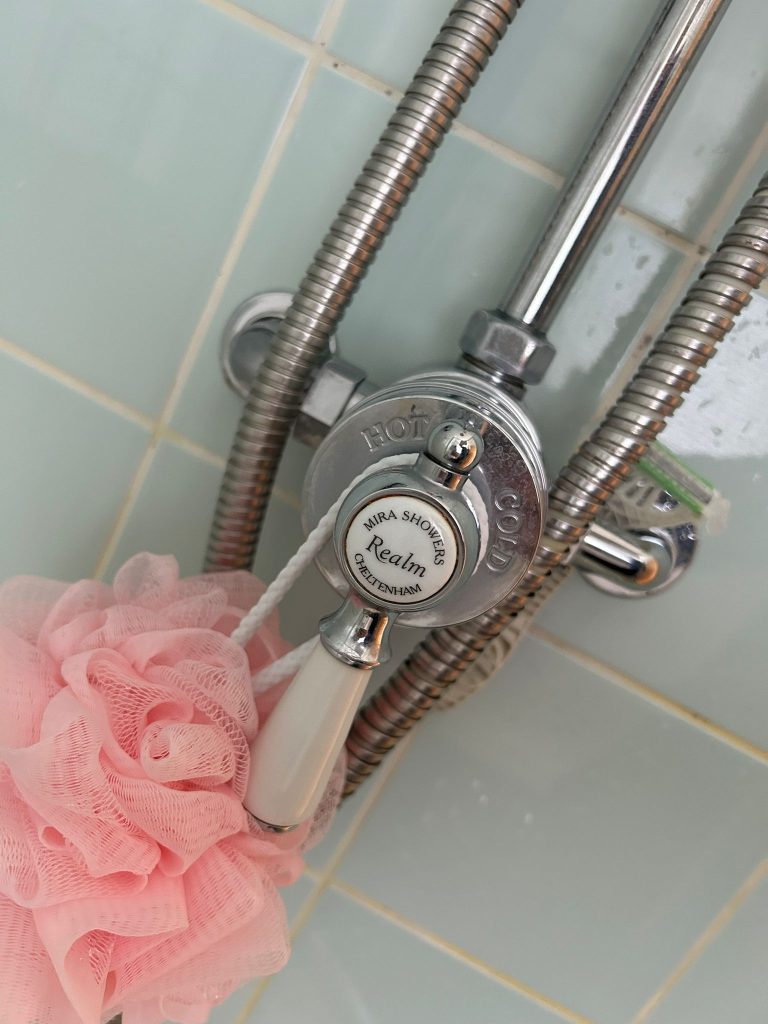
Managing Hardened Water
If you prefer hard water but are concerned about its effects on appliances and plumbing, regular maintenance and cleaning can help mitigate these issues. Descaling agents and water softening appliances can also be used to address mineral buildup.
Softening Hard Water Naturally
Some homeowners choose to soften their hard water using natural methods, such as using vinegar or citric acid. These substances can help dissolve mineral deposits and improve the overall quality of your water without the need for a water softener.
The Impact on Household Appliances
Hard water can take a toll on appliances, causing them to work less efficiently and have a shorter lifespan. Softening your water can help protect these valuable investments.

Skin and Hair Health
The quality of your water can also affect your skin and hair. Soft water is often gentler on the skin and can leave your hair feeling softer and less prone to damage.
Environmental Considerations
It’s essential to consider the environmental impact of water softening methods. Some water softeners discharge brine into the sewage system, which can be harmful to aquatic life. Explore eco-friendly options if this is a concern for you.
The choice between hard and soft water is a matter of personal preference and practicality. Understanding the differences and effects of these two types of water can help you make an informed decision for your household. Whether you opt for the silky smoothness of soft water or the mineral-rich taste of hardened water, it’s crucial to consider the implications for your appliances, plumbing, and overall comfort.
FAQs about Soft Water and Hardened Water
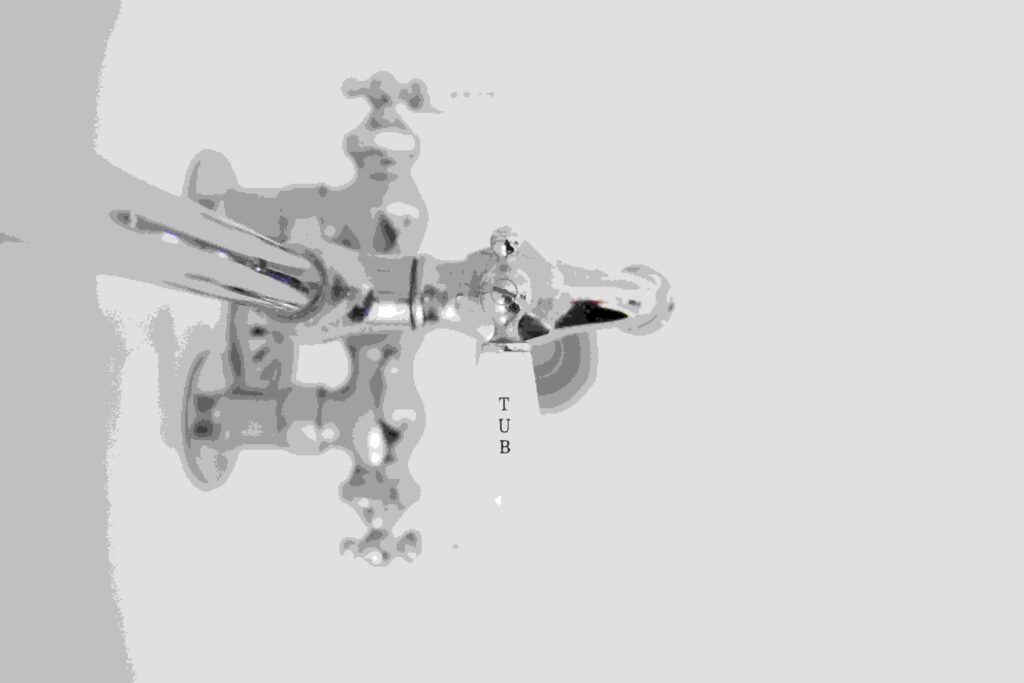
- Is hard water safe to drink? Hard water is generally safe to drink, as it contains essential minerals like calcium and magnesium. However, the taste may not be to everyone’s liking.
- Can soft water be used for gardening? Soft water is suitable for most plants, but the sodium content from the softening process may not be ideal for sensitive plants.
- Are there any health benefits to drinking soft water? Soft water is unlikely to provide specific health benefits beyond improved taste and reduced mineral buildup in appliances.
- How often should I clean my showerhead in hard water areas? In areas with hard water, it’s a good practice to clean your showerhead every few months to prevent mineral deposits from clogging the nozzles. Replace a showerhead if it is beyond cleaning.
- What is the cost of installing a water softening system in my home? The cost of a water softening system can vary significantly depending on the type and brand. It’s advisable to get quotes from local providers to determine the exact cost for your specific needs.
